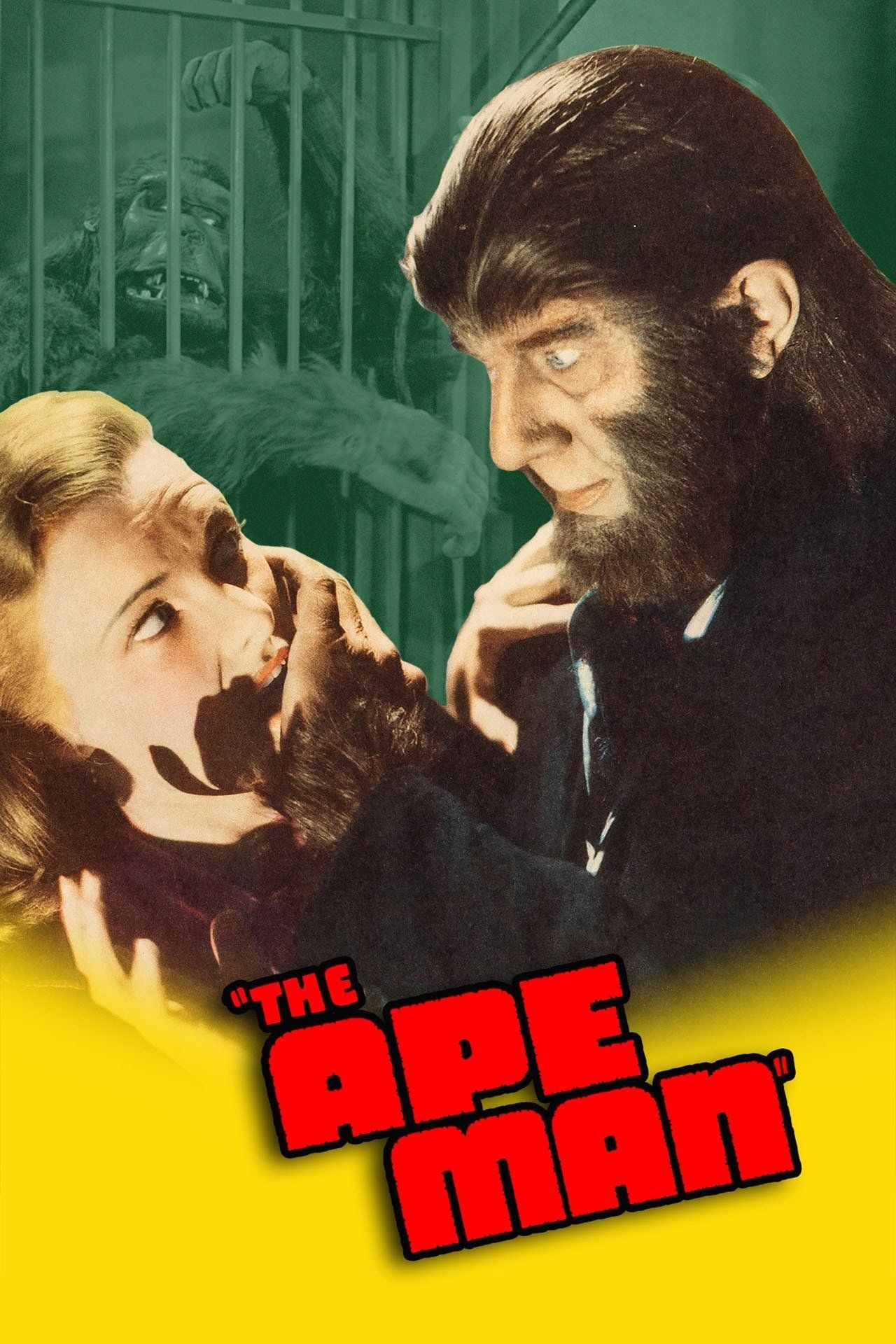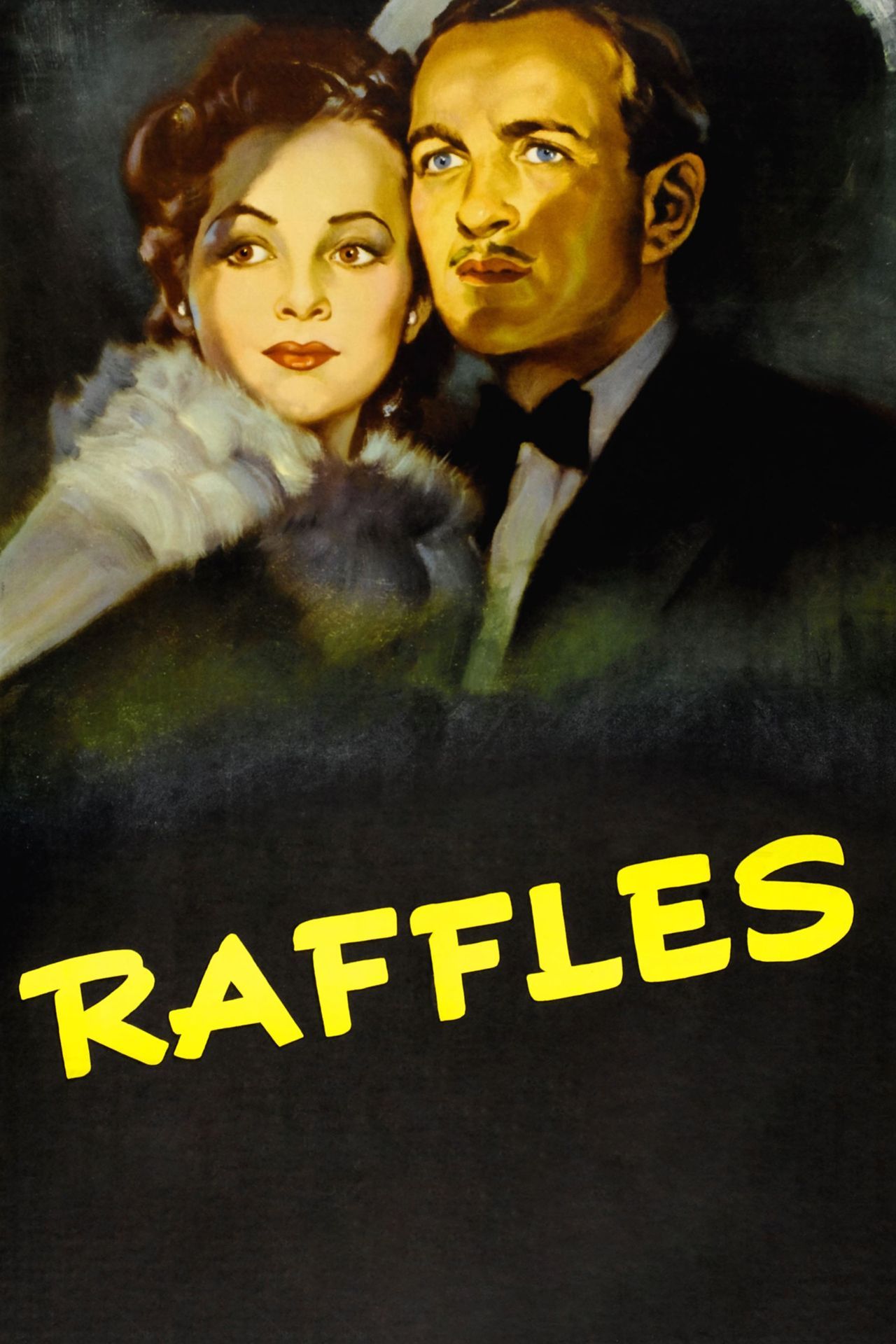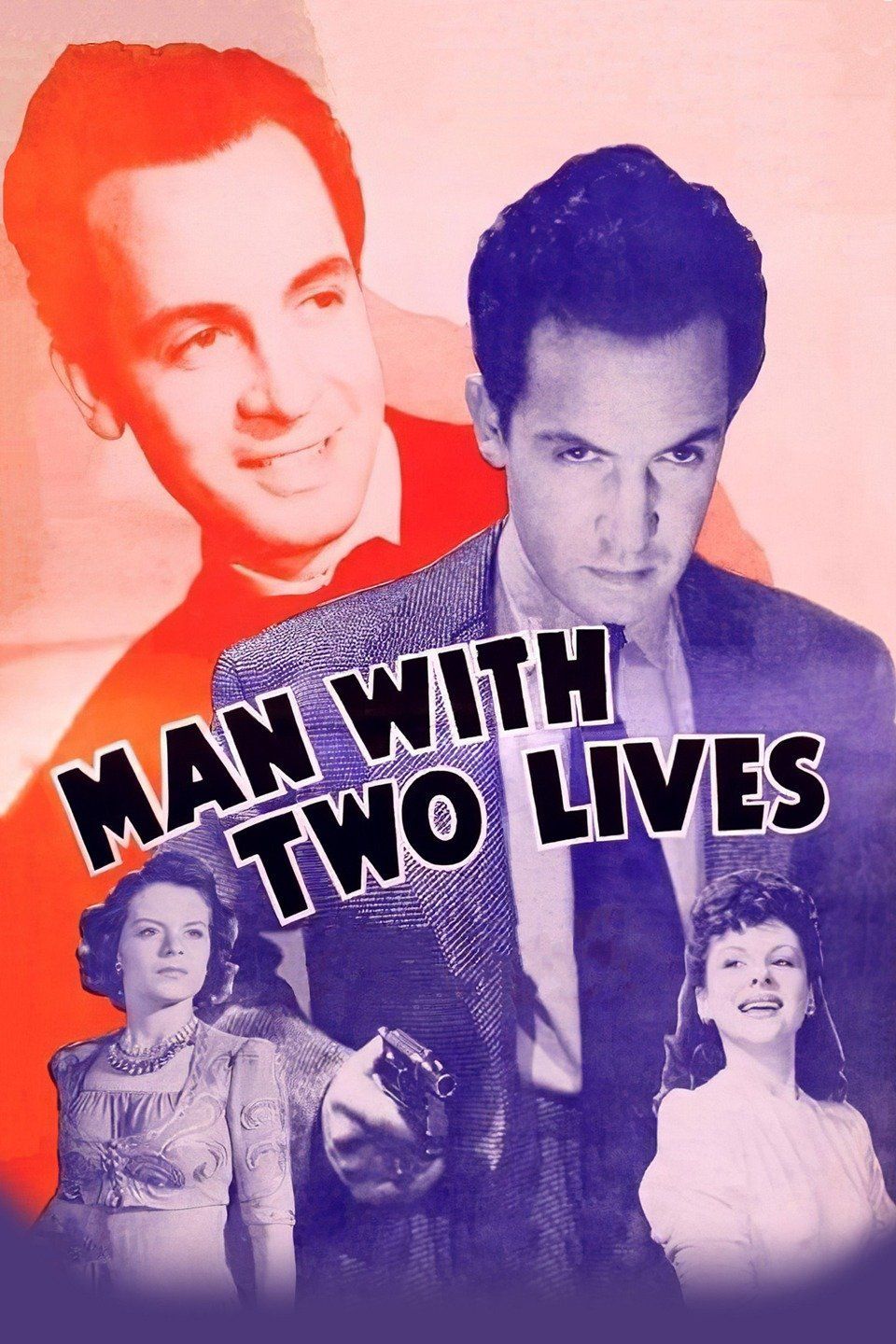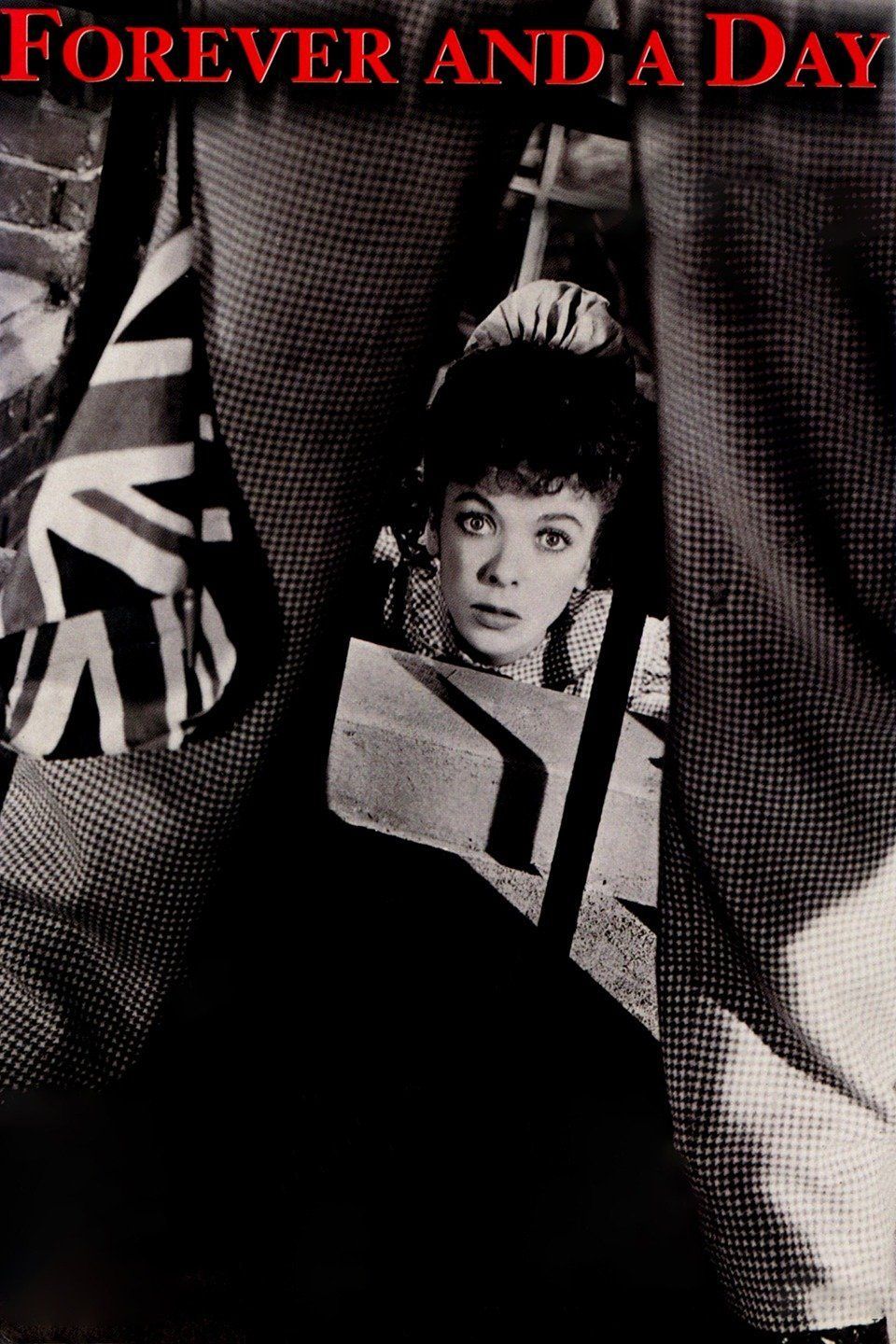GK
George Kirby
Actor
Born February 18, 1879Died December 2, 1953 (74 years)
From Wikipedia, the free encyclopedia.
George Kirby (June 8, 1923 – September 30, 1995) was an American comedian, singer, and actor from Chicago, Illinois.
Kirby broke into show business in the 1940s at the Club DeLisa, a South Side establishment that employed a variety-show format and preferred to hire local singers, dancers, and comedians. His first recording was as a stand-up blues singer, performing "Ice Man Blues" on a Tom Archia session done in 1947 for Aristocrat Records.
He was one of the first African-American comedians to begin to appeal to white as well as black audiences during the height of the Civil Rights era, appearing between 1966 and 1972 on The Ed Sullivan Show, The Dean Martin Show, The Jackie Gleason Show, Rowan and Martin's Laugh-In, and The Tonight Show Starring Johnny Carson. He was an excellent impressionist — targeting, somewhat scandalously for the time, many white actors such as John Wayne and Walter Brennan rather than solely black stars such as Bill Cosby and Pearl Bailey — and, for a man of his ample girth, an unexpectedly agile dancer. He also did vocal impressions of such singers as Louis Armstrong and Ella Fitzgerald.
In 1970, he was allowed to produce a television special, The George Kirby Show, to gauge whether he could attract an audience for a weekly series. This led to his hosting a sketch comedy and variety show, Half the George Kirby Comedy Hour, which lasted for 22 episodes in 1972; it was also one of the actor-comedian Steve Martin's first credits in front of the camera. The series was in many ways an uneasy compromise between Kirby's natural gifts and what the public would accept of black actors at the time; a regular feature was a shaggy dog story segment entitled the "Funky Fable". He was also a regular in the British-produced ABC Comedy Hour series The Kopycats, alongside such other impressionists as Rich Little, Charlie Callas, Marilyn Michaels, and Frank Gorshin.
Following the demise of his show, Kirby's career declined, especially as audiences began to look for more cutting-edge comedy. He had been an occasional drug addict; now, to make up for lost income, he took to selling drugs. In 1977 he sold heroin to an undercover cop; he plea bargained to a ten year prison term and was released after 42 months. His career never again reached its former heights, but he did register featured guest appearances on Gimme a Break with Nell Carter, Crazy Like a Fox, and 227. He then took ill with what was later diagnosed as Parkinson's Disease. He was well-loved enough within the comedy community that friends and admirers formed the "Friends of George Kirby", which performed an all-star tribute to him in 1995 to help pay his mounting medical bills, only a few months before he died.
Description above from the Wikipedia article George Kirby, licensed under CC-BY-SA, full list of contributors on Wikipedia.
George Kirby (June 8, 1923 – September 30, 1995) was an American comedian, singer, and actor from Chicago, Illinois.
Kirby broke into show business in the 1940s at the Club DeLisa, a South Side establishment that employed a variety-show format and preferred to hire local singers, dancers, and comedians. His first recording was as a stand-up blues singer, performing "Ice Man Blues" on a Tom Archia session done in 1947 for Aristocrat Records.
He was one of the first African-American comedians to begin to appeal to white as well as black audiences during the height of the Civil Rights era, appearing between 1966 and 1972 on The Ed Sullivan Show, The Dean Martin Show, The Jackie Gleason Show, Rowan and Martin's Laugh-In, and The Tonight Show Starring Johnny Carson. He was an excellent impressionist — targeting, somewhat scandalously for the time, many white actors such as John Wayne and Walter Brennan rather than solely black stars such as Bill Cosby and Pearl Bailey — and, for a man of his ample girth, an unexpectedly agile dancer. He also did vocal impressions of such singers as Louis Armstrong and Ella Fitzgerald.
In 1970, he was allowed to produce a television special, The George Kirby Show, to gauge whether he could attract an audience for a weekly series. This led to his hosting a sketch comedy and variety show, Half the George Kirby Comedy Hour, which lasted for 22 episodes in 1972; it was also one of the actor-comedian Steve Martin's first credits in front of the camera. The series was in many ways an uneasy compromise between Kirby's natural gifts and what the public would accept of black actors at the time; a regular feature was a shaggy dog story segment entitled the "Funky Fable". He was also a regular in the British-produced ABC Comedy Hour series The Kopycats, alongside such other impressionists as Rich Little, Charlie Callas, Marilyn Michaels, and Frank Gorshin.
Following the demise of his show, Kirby's career declined, especially as audiences began to look for more cutting-edge comedy. He had been an occasional drug addict; now, to make up for lost income, he took to selling drugs. In 1977 he sold heroin to an undercover cop; he plea bargained to a ten year prison term and was released after 42 months. His career never again reached its former heights, but he did register featured guest appearances on Gimme a Break with Nell Carter, Crazy Like a Fox, and 227. He then took ill with what was later diagnosed as Parkinson's Disease. He was well-loved enough within the comedy community that friends and admirers formed the "Friends of George Kirby", which performed an all-star tribute to him in 1995 to help pay his mounting medical bills, only a few months before he died.
Description above from the Wikipedia article George Kirby, licensed under CC-BY-SA, full list of contributors on Wikipedia.
George Kirby Filmography
| 1952 | Thunder in the East · as Englishman |
| 1951 | The Strange Door · as Cook |
| 1951 | Kind Lady · as Pedestrian |
| 1950 | Please Believe Me · as Man At Dock |
| 1949 | A Connecticut Yankee in King Arthur's Court · as Tailor (uncredited) |
| 1948 | Hills of Home · as Barker For Dog Collar Man |
| 1947 | Green Dolphin Street · as Doctor |
| 1947 | Thunder in the Valley · as Doctor |
| 1947 | Unconquered · as London Astronomer Charles Mason |
| 1946 | Calcutta · as Day Desk Clerk (uncredited) |
| 1946 | The Verdict · as Grocer |
| 1946 | Night and Day · as Cabbie |
| 1946 | Of Human Bondage · as Cockney Man |
| 1946 | Cluny Brown · as Mr. Latham |
| 1946 | To Each His Own · as Clergyman |
| 1945 | Confidential Agent · as Miner |
| 1945 | Kitty · as Solicitor (uncredited) |
| 1945 | Tonight and Every Night · as Father |
| 1944 | National Velvet · as Villager |
| 1944 | Rogues Gallery · as Duckworth |
| 1944 | Frenchman's Creek · as Dr. Williams (uncredited) |
| 1944 | Delinquent Daughters · as Gas Station Attendant |
| 1944 | Make Your Own Bed · as Man In Waiting Room (uncredited) |
| 1944 | |
| 1944 | The White Cliffs of Dover · as Old Man (uncredited) |
| 1944 | Shake Hands with Murder · as Adams |
| 1943 | The Spider Woman · as News Vendor (uncredited) |
| 1943 | A Guy Named Joe · as Fisherman (uncredited) |
| 1943 | Jane Eyre · as Old Gentleman (uncredited) |
| 1943 | His Butler's Sister · as Fat Man (uncredited) |
| 1943 | Northern Pursuit · as Hotel Clerk (uncredited) |
| 1943 | The Constant Nymph · as Moving Man (uncredited) |
| 1943 | Action in the North Atlantic · as Pilot Johnson (uncredited) |
| 1943 | The Ape Man · as Townsend - Butler |
| 1943 | Forever and a Day · as Wartime Newspaper Vendor |
| 1942 | Random Harvest · as Conductor |
| 1942 | Journey for Margaret · as Minor Role |
| 1942 | The Black Swan · as Assemblyman (uncredited) |
| 1942 | Man with Two Lives · as The Bennett Butler |
| 1941 | International Squadron · as Bartender |
| 1941 | The Great Lie · as Minister |
| 1940 | South of Suez · as Court Clerk |
| 1940 | The Man Who Talked Too Much · as Roscoe's Butler |
| 1940 | Waterloo Bridge · as Waiter (uncredited) |
| 1940 | The Invisible Man Returns · as Miner At Radcliffe Colliery (uncredited) |
| 1939 | We Are Not Alone · as Bailiff (uncredited) |
| 1939 | |
| 1939 | Island of Lost Men · as Waiter |
| 1938 | The Dawn Patrol · as Kirby - Orderly |
| 1938 | A Christmas Carol · as Goose-Seller |
| 1938 | Hard to Get · as Atwater's Servant Asking About Colored Man (uncredited) |
| 1938 | Marie Antoinette · as Priest (uncredited) |
| 1937 | The Emperor's Candlesticks · as 360£ Bidder |
| 1937 | The Prince and the Pauper · as Proprietor Of Inn |
| 1936 | The White Angel · as Soldier (uncredited) |
| 1936 | Dracula's Daughter · as Bookstore Proprietor (uncredited) |
| 1935 | |
| 1935 | Vagabond Lady · as Spear’s First Butler (uncredited) |
| 1935 | Mystery of Edwin Drood · as Bailiff (uncredited) |
| 1934 | Father Brown, Detective · as Butler (uncredited) |
| 1934 | The Barretts of Wimpole Street · as Coachman |
| 1934 | Glamour · as Shoe Man |
| 1933 | Pleasure Cruise · as Minor Role |
| 1932 | Cynara · as Mr. Boots |







